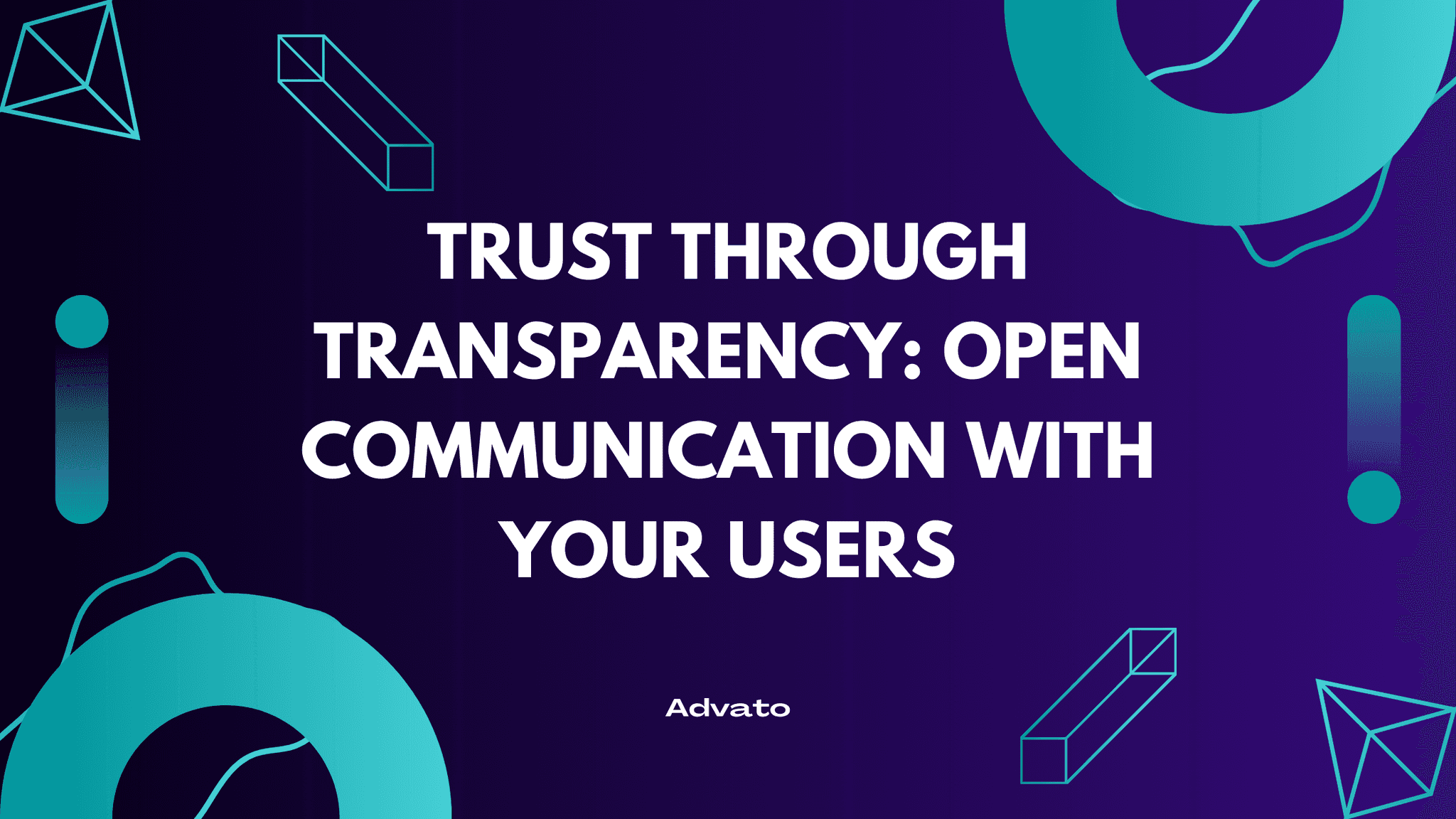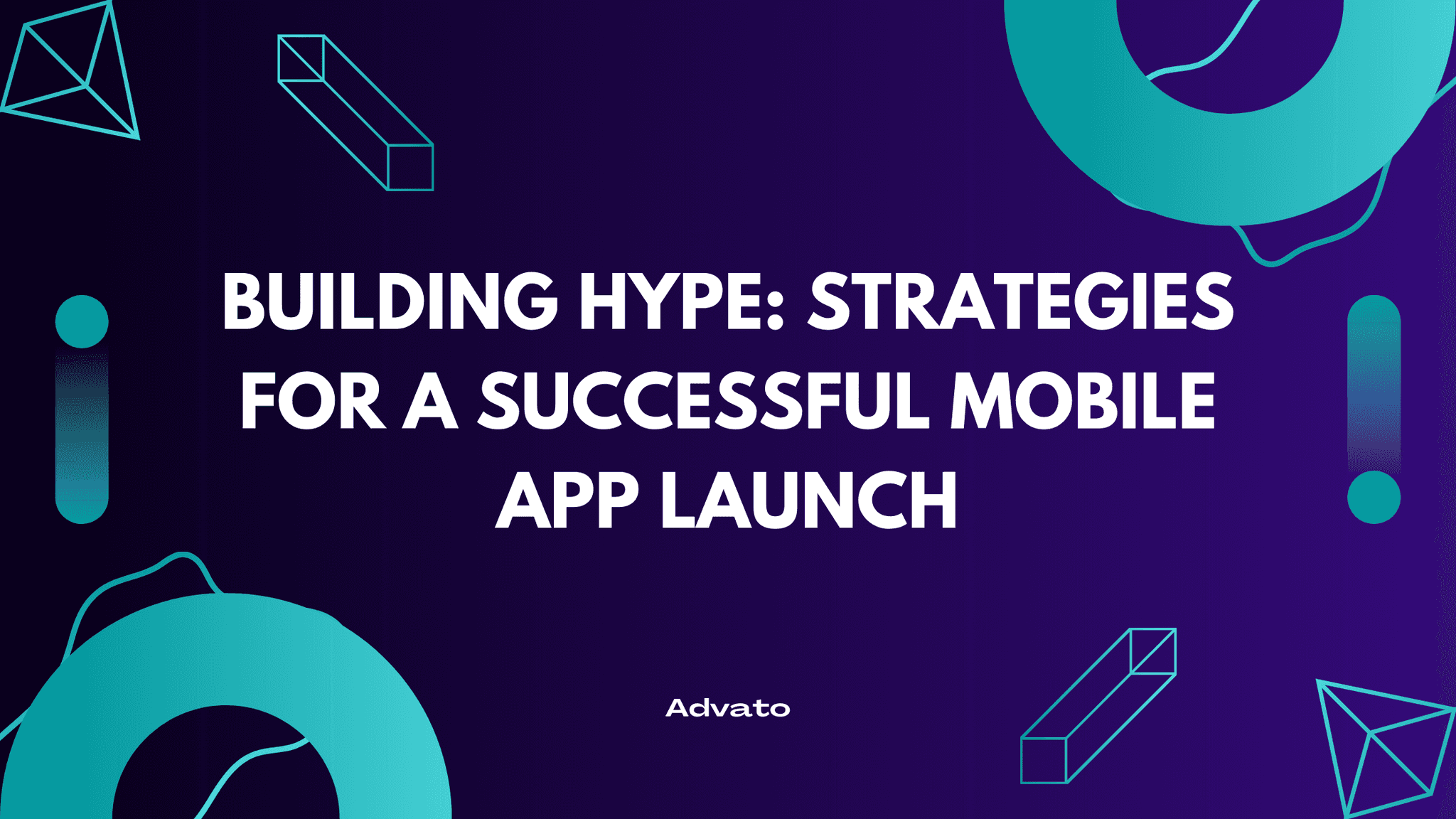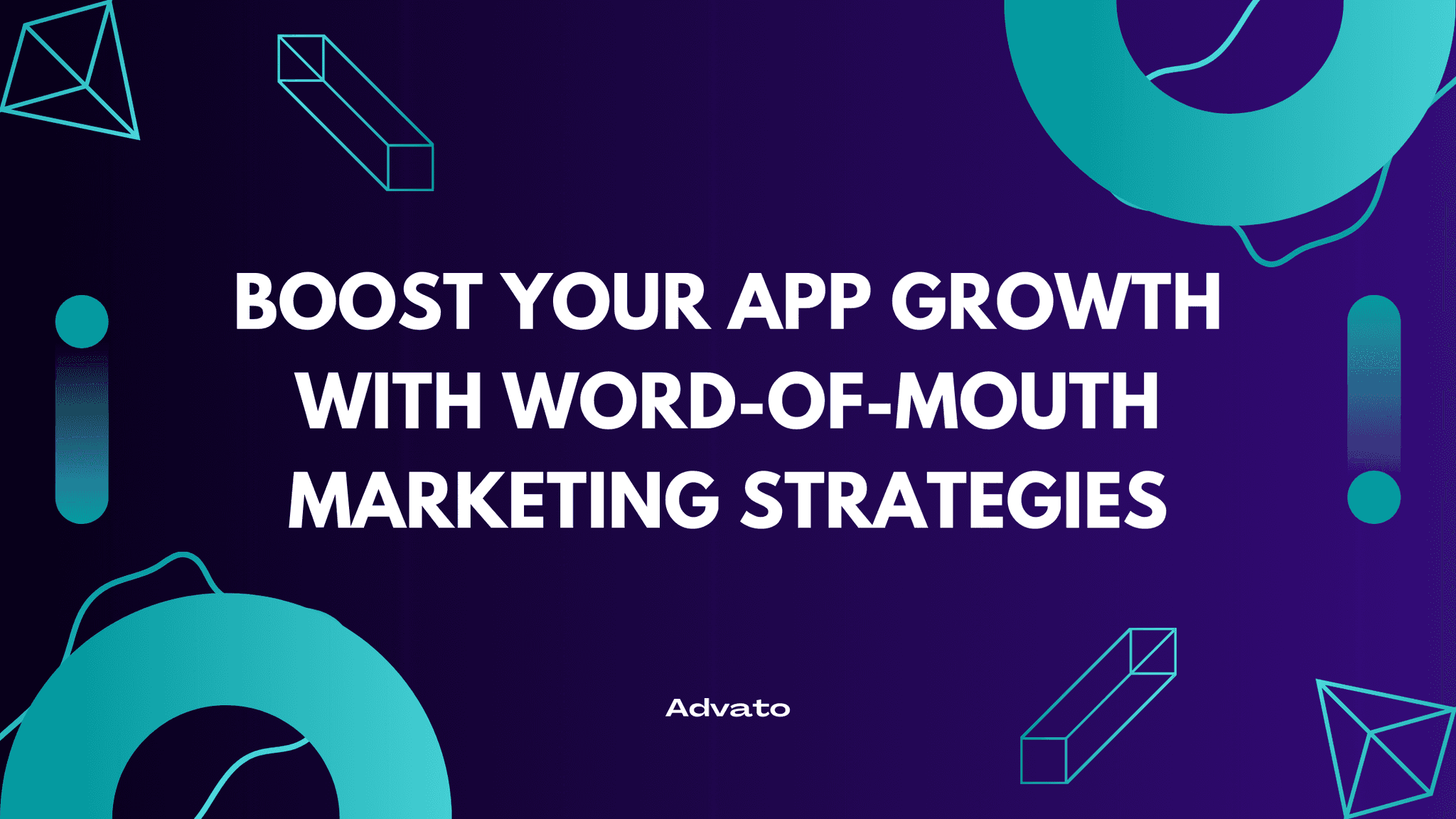Oct 6, 2024
Referral marketing has become a cornerstone of successful app growth strategies, but the approach differs significantly between B2B (Business-to-Business) and B2C (Business-to-Consumer) apps. Understanding these differences is crucial for app developers and marketers looking to implement effective referral programs. In this post, we'll explore the key distinctions between B2B and B2C referral marketing and provide actionable strategies for each.
Understanding B2B and B2C Apps
Before diving into referral marketing strategies, let's clarify the fundamental differences between B2B and B2C apps:
B2B Apps
Target audience: Other businesses or professionals
Decision-making process: Often involves multiple stakeholders
Sales cycle: Typically longer, with more complex negotiations
Purchase motivation: Improving business efficiency or solving specific problems
Example: Project management software, CRM systems
B2C Apps
Target audience: Individual consumers
Decision-making process: Usually involves a single user
Sales cycle: Generally shorter, with quicker purchase decisions
Purchase motivation: Personal needs, entertainment, or lifestyle improvement
Example: Social media apps, mobile games, fitness trackers
Key Differences in Referral Marketing Approaches
Now that we've established the basics, let's explore how referral marketing differs between B2B and B2C apps:
1. Incentive Structure
B2B:
Focus on value-added incentives
Examples: Extended trial periods, additional features, or personalized onboarding
May offer monetary rewards for high-value referrals
B2C:
Often use immediate, tangible rewards
Examples: Discounts, free products, or in-app currency
Monetary incentives are typically smaller but more frequent
2. Referral Process
B2B:
More formalized referral process
May involve official partner or reseller programs
Often requires direct contact with sales teams
B2C:
Usually automated and built directly into the app
Relies on easy social sharing and word-of-mouth
Minimal interaction with company representatives
3. Trust and Credibility
B2B:
Heavily relies on professional networks and industry reputation
Case studies and testimonials play a crucial role
Emphasis on ROI and long-term benefits
B2C:
Leverages social proof and peer recommendations
User reviews and ratings are key drivers
Focus on immediate benefits and user experience
4. Timing of Referrals
B2B:
Referrals often come after extended use and proven value
May coincide with contract renewals or upgrades
B2C:
Referrals can happen quickly after a positive experience
Often tied to specific milestones or achievements within the app
5. Targeting and Personalization
B2B:
Highly targeted referral campaigns based on industry, company size, etc.
Personalized outreach to potential referrers
B2C:
Broader referral campaigns with mass appeal
Personalization based on user behavior and preferences
Strategies for Effective B2B App Referral Marketing
Develop a Strong Partner Program Create a structured partner or reseller program that offers clear benefits and support for those who refer your app to other businesses.
Provide Valuable Resources Offer whitepapers, case studies, and ROI calculators to help referrers make a strong case for your app.
Implement a Tiered Reward System Design a reward structure that increases based on the value or number of referrals, encouraging ongoing participation.
Leverage LinkedIn and Professional Networks Use LinkedIn's features to facilitate referrals among professional connections and industry groups.
Offer Exclusive Beta Access Reward top referrers with early access to new features or the ability to influence product development.
Strategies for Effective B2C App Referral Marketing
Make Sharing Seamless Integrate easy-to-use sharing features directly within your app, allowing users to invite friends with just a few taps.
Create a Viral Loop Design your referral program to encourage continuous sharing, where both the referrer and the new user benefit from invitations.
Gamify the Referral Process Incorporate gamification elements like leaderboards or achievement badges to make referrals more engaging and fun.
Leverage Social Media Integration Enable users to share their achievements or experiences from your app directly to their social media profiles.
Time Your Referral Requests Prompt users to refer friends at moments of delight within the app, such as after completing a level or achieving a goal.
Overcoming Common Challenges in Referral Marketing
For B2B Apps:
Long Sales Cycles: Maintain engagement with referrers throughout the process by providing regular updates and support materials.
Complex Products: Create easy-to-understand explainer videos or demo sessions to help referrers effectively communicate your app's value.
Limited Network: Encourage employees across your organization to become brand ambassadors and tap into their professional networks.
For B2C Apps:
Referral Fatigue: Keep your program fresh by rotating rewards or introducing limited-time offers to spark renewed interest.
Low-Value Referrals: Implement quality checks or tiered rewards to encourage high-quality referrals that are more likely to convert.
Fraudulent Referrals: Use advanced tracking and analytics to detect and prevent fraudulent activities in your referral program.
Implementing Your Referral Marketing Strategy
Regardless of whether you're focusing on B2B or B2C referral marketing, implementing an effective strategy can be challenging. This is where Advato comes into play. Advato is designed to help app developers and marketers easily implement and grow referral programs in mobile apps.
With Advato, you can:
Quickly set up customized referral campaigns
Track and analyze referral performance
A/B test different incentive structures
Seamlessly integrate referral features into your app
By using Advato, you can significantly reduce the time and resources needed to launch a successful referral program, allowing you to focus on creating an outstanding app experience that users will want to share.
Measuring Success in B2B and B2C Referral Marketing
To ensure the effectiveness of your referral marketing efforts, it's crucial to track relevant metrics:
Customer Acquisition Cost (CAC)
Lifetime Value (LTV) of referred customers
Conversion rate from referral to demo or trial (for B2B)
Time to close for referred leads vs. non-referred leads (for B2B)
Viral coefficient
Referral rate
Cost per referral
User retention rate for referred vs. non-referred users
Regularly analyzing these metrics will help you refine your referral strategy and maximize its impact on your app's growth.
Conclusion
While the core concept of referral marketing remains the same for both B2B and B2C apps – leveraging satisfied users to attract new ones – the execution varies significantly. B2B referral marketing focuses on building professional relationships and demonstrating long-term value, while B2C strategies aim for quick, engaging, and shareable experiences.
By understanding these differences and implementing targeted strategies, app developers and marketers can create powerful referral programs that drive sustainable growth. And with Advato at your disposal, setting up and managing these programs becomes easier than ever, allowing you to focus on what really matters: creating an app that users love and want to share with others.
Remember, the most successful referral programs are those that align closely with your app's unique value proposition and user base. Whether you're in the B2B or B2C space, start by understanding your users' motivations and tailor your referral strategy accordingly. With the right approach and tools, you'll be well on your way to unlocking the full potential of referral marketing for your app.


